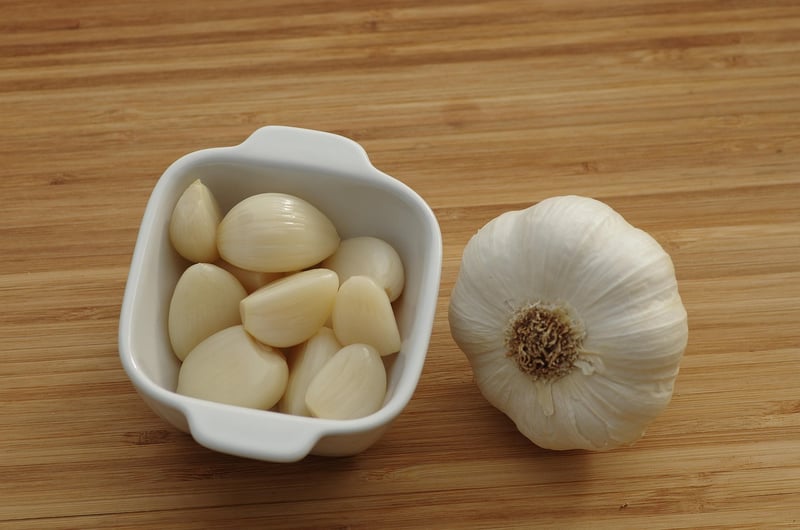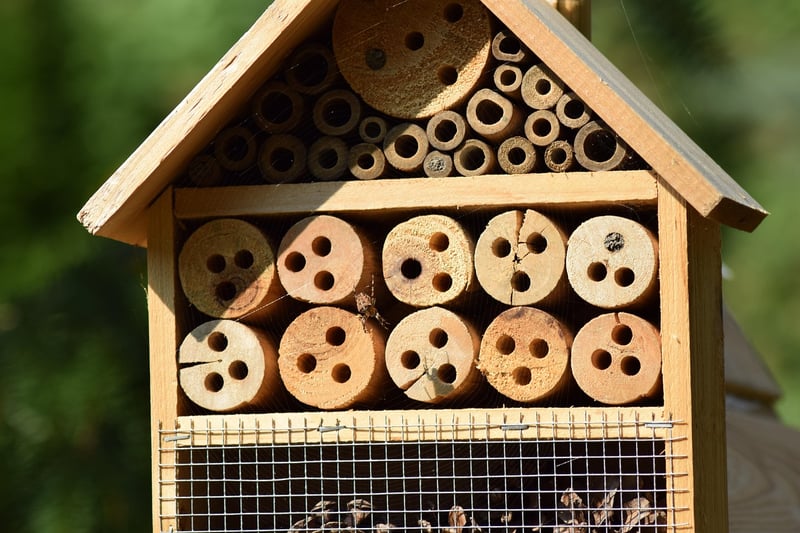Natural Repellents
Dealing with City Garden Pests: Natural Repellents
Welcome to our guide on dealing with pests in your city garden using natural repellents. Urban gardening can be a rewarding experience, but it often comes with its fair share of challenges, including unwanted visitors like insects and critters. Instead of resorting to harsh chemicals, consider these natural alternatives to keep your garden thriving and pest-free.
Common City Garden Pests
Before we dive into natural repellents, let's familiarize ourselves with some common pests that may invade your urban garden:
- Aphids
- Slugs and snails
- Squirrels
- Raccoons
- Deer
- Tomato hornworms
Natural Repellents for City Gardens
Here are some effective natural repellents you can use to deter pests from your city garden:
1. Neem Oil
Neem oil is a natural insecticide that can help control aphids, mites, and other common garden pests. Mix it with water and spray it on your plants to keep pests at bay.

2. Copper Tape
Use copper tape around pots and raised beds to deter slugs and snails. These pests are repelled by the electric charge that copper produces when they come in contact with it.

3. Cayenne Pepper
Sprinkle cayenne pepper around your garden to deter squirrels, raccoons, and other mammals. The spicy scent and taste are unpleasant for them, keeping your plants safe.

4. Garlic Spray
Garlic spray is an effective repellent for deer and other herbivores. Blend garlic cloves with water and strain the mixture. Spray it on your plants to protect them from hungry visitors.

5. Diatomaceous Earth
Diatomaceous earth is a natural powder that can control tomato hornworms and other caterpillars. Sprinkle it on your plants to create a barrier that pests won't cross.

By incorporating these natural repellents into your city garden maintenance routine, you can protect your plants from common pests without harming the environment or beneficial insects. Happy gardening!
